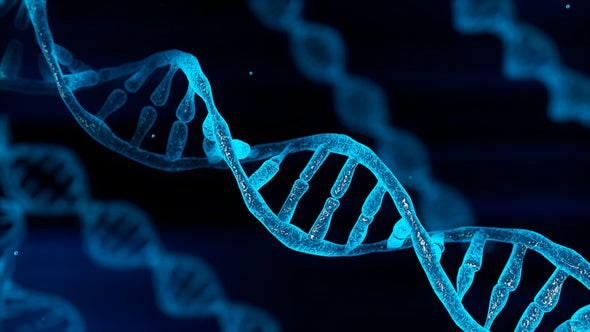Write4U
Valued Senior Member
Ran across this excellent article describing plant "awareness" and ability to "solve existential problems".
The secret life of plants: how they memorise, communicate, problem solve and socialise
.......

Flower power ... Mancuso’s team has shown that Mimosa pudica can retain learned information for weeks. Photograph: Alamy

more .... https://www.theguardian.com/environ...able-cousins-more-intelligent-than-we-realise
The secret life of plants: how they memorise, communicate, problem solve and socialise
.......
Before Mancuso’s lab started work in 2005, plant neurobiology was largely seen as a laughable concept. “We were interested in problems that were, until that moment, just related to animals, like intelligence and even behaviour,” he says. At the time, it was “almost forbidden” to talk about behaviour in plants. But “we study how plants are able to solve problems, how they memorise, how they communicate, how they have their social life and things like that”.

Flower power ... Mancuso’s team has shown that Mimosa pudica can retain learned information for weeks. Photograph: Alamy
Mancuso and his colleagues have become experts in training plants, just like neuroscientists train lab rats. If you let a drop of water fall on a Mimosa pudica, its kneejerk response is to recoil its leaves, but, if you continue doing so, the plant will quickly cotton on that the water is harmless and stop reacting. The plants can hold on to this knowledge for weeks, even when their living conditions, such as lighting, are changed. “That was unexpected because we were thinking about very short memories, in the range of one or two days – the average memory of insects,” says Mancuso. “To find that plants were able to memorise for two months was a surprise.” Not least because they don’t have brains.
In a plant, a single brain would be a fatal flaw because they have evolved to be lunch. “Plants use a very different strategy,” says Mancuso. “They are very good at diffusing the same function all over the body.” You can remove 90% of a plant without killing it. “You need to imagine a plant as a huge brain. Maybe not as efficient as in the case of animals, but diffused everywhere.”
......One of the most controversial aspects of Mancuso’s work is the idea of plant consciousness. As we learn more about animal and plant intelligence, not to mention human intelligence, the always-contentious term consciousness has become the subject of ever more heated scientific and philosophical debate.“Let’s use another term,” Mancuso suggests. “Consciousness is a little bit tricky in both our languages. Let’s talk about awareness. Plants are perfectly aware of themselves.” A simple example is when one plant overshadows another – the shaded plant will grow faster to reach the light. But when you look into the crown of a tree, all the shoots are heavily shaded. They do not grow fast because they know that they are shaded by part of themselves. “So they have a perfect image of themselves and of the outside,” says Mancuso.
Far from being silent and passive, plants are social and communicative, above ground and beneath, through their roots and fungal networks.

Plants respond to sound, too, “feeling” vibrations all over.
“Plants are extremely good at detecting specific kinds of sounds, for example at 200hz or 300hz … because they are seeking the sound of running water.” If you put a source of 200hz sound close to the roots of a plant, he says, they will follow it. There is no evidence that the human voice benefits plants, although talking to plants may soothe the humans doing it.
They are adept at detecting subtle electromagnetic fields generated by other life forms. They use chemicals and scents to warn each other of danger, deter predators and attract pollinating insects.
When corn is nibbled by caterpillars, for example, the plant emits a chemical distress signal that lures parasitic wasps to exterminate the caterpillars.
more .... https://www.theguardian.com/environ...able-cousins-more-intelligent-than-we-realise






